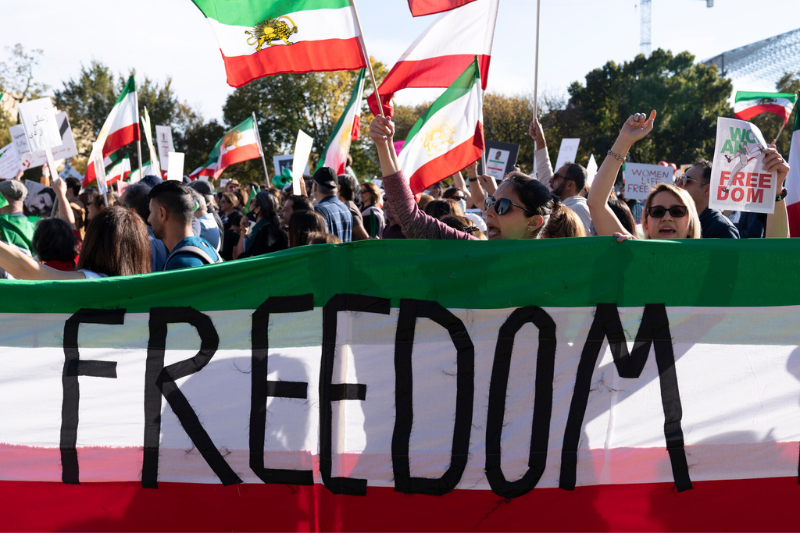
iran’s ‘gender apartheid’ bill the ongoing struggle for women’s rights
It is depressing to see how the oppressive hold of patriarchy is becoming more entrenched in some parts of the world after great progress has been made in the direction of gender equality. The most recent worrying development comes from Iran, where a planned “gender apartheid” measure poses a serious threat to women’s rights. If this bill is passed, Iranian women may be sentenced to up to 10 years in prison for not donning a headscarf, and establishments that cater to women in camouflage may even be forced to close. A grave violation of fundamental human rights has occurred here.
After the unfortunate death of Mahsa Amini, a 22 year-old woman who died in jail after allegedly being beaten by police for improperly donning an Islamic headscarf, the situation in Iran deteriorated. Her passing triggered massive riots and demonstrations, underscoring the populace of Iran’s ingrained discontent and rage.
The harshness of the penalties outlined in this draught law’s draught is particularly unsettling. The proposed law calls for penalties that are on par with those for serious offenses like murder and drug trafficking, such as more than 60 lashes, steep fines, and lengthy prison terms. Hossein Raeesi, an Iranian human rights attorney, appropriately calls this “ridiculous.”
Keep Reading
This legislation has broad repercussions. Beyond the severe penalties for women who choose not to wear a hijab, it broadens the definition of “gender segregation” in a variety of settings, such as businesses, hospitals, parks, and universities. It appears to be a clear attempt to subjugate women and girls completely. The seriousness of this issue has been correctly highlighted by the experts chosen by the UN Human Rights Council.
Iranian women are currently struggling with the uncanny similarity between the legislation’s planned strategy and the Taliban’s method of limiting women’s freedoms. Tehran-based finance student Farah is correct when she says, “They want to erase women from society.” This is a distressing continuation of previous oppressions that shouldn’t be tolerated.
The Guardian Council of Iran, which is presided over by a 97 year old cleric, will now decide the fate of this discriminatory bill. The international community needs to keep a careful eye on this development and put pressure on Iran to uphold women’s rights and human rights. Concerns regarding privacy and individual rights are further heightened by the Iranian government’s investment in facial recognition technology to implement these laws.
The world cannot afford to remain silent as we see the bill potentially become Iranian law. The condition of Iranian women serves as a sobering reminder that there is still a long way to go in the struggle for gender equality and that vigilante action is needed to defend and improve women’s rights globally. We must show our support for all Iranian women who are battling against legislation that would silence and oppress them.









